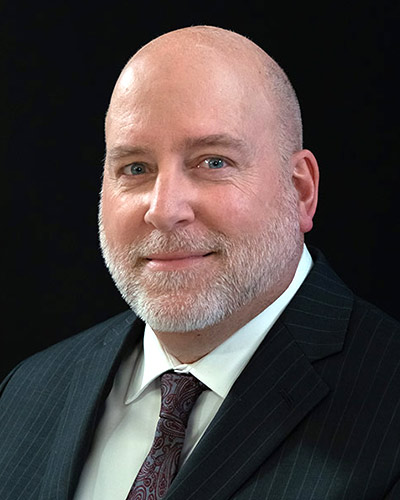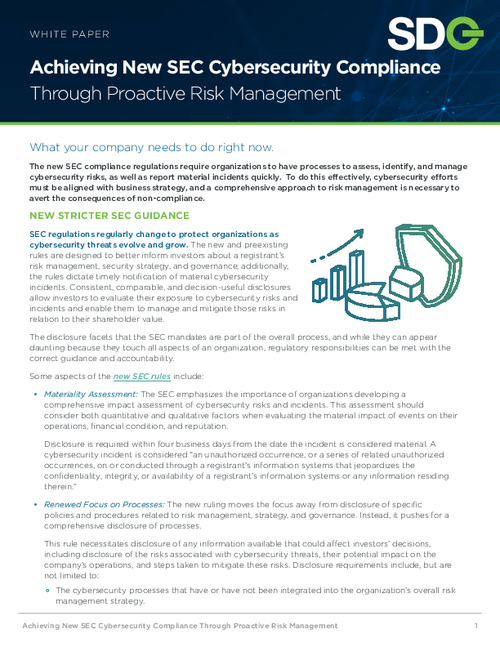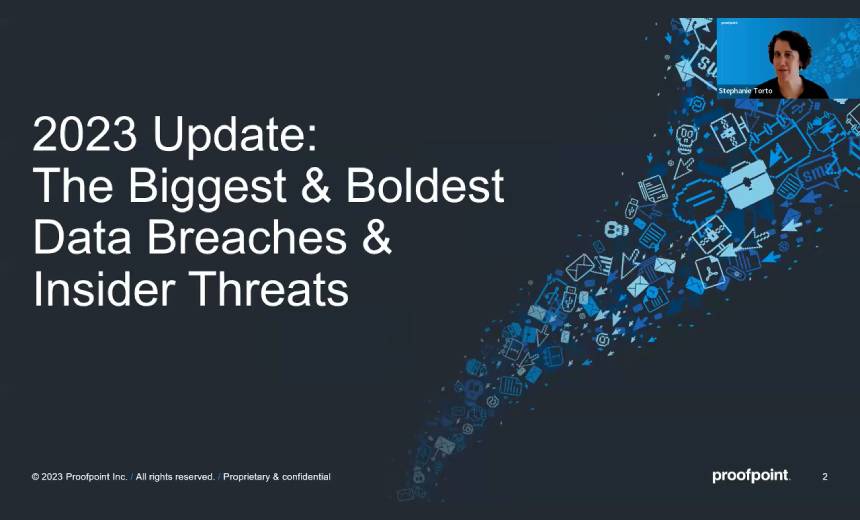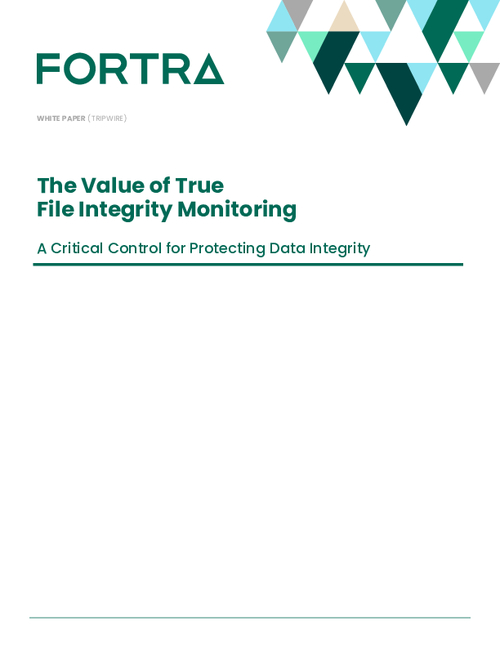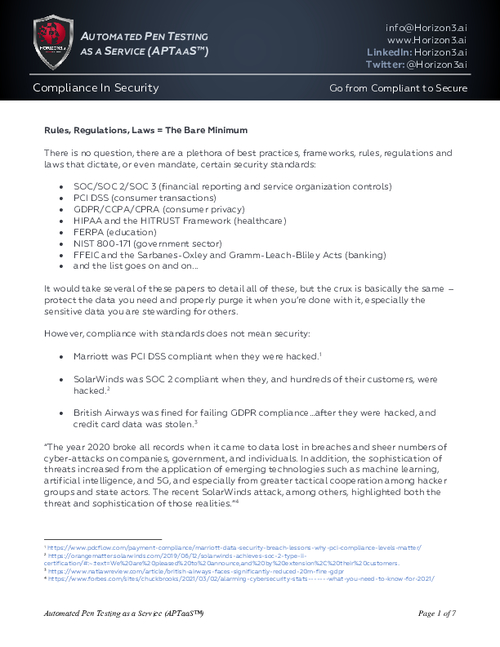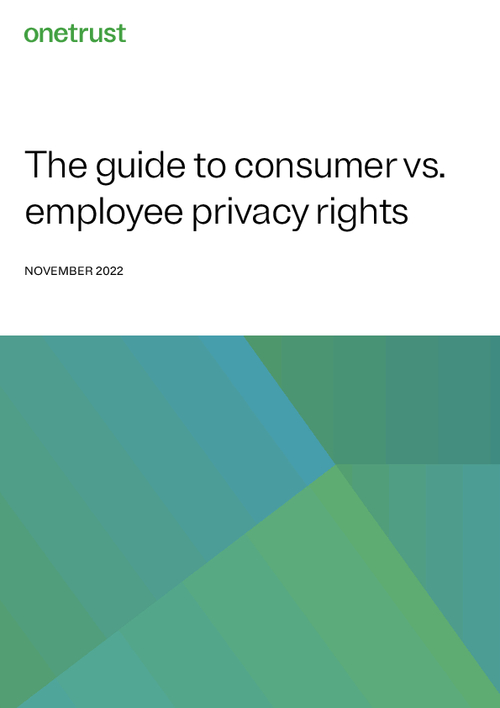"Supreme Court Has Created More Chaos than Clarity"
Gregory Taylor of the ABA on Cuomo v. ClearingHouse
Prior to joining the ABA in 2004, Taylor handled high-profile litigation and enforcement matters for the FDIC and the OCC. He is currently responsible for the ABA's amicus efforts on behalf of the banking industry.
TOM FIELD: Hi, this is Tom Field, Editorial Director with Information Security Media Group. We are talking today about the Cuomo vs. Clearing House Supreme Court decision and we are talking with Greg Taylor, Vice President and Senior Counsel with the American Bankers Association. Greg thanks for taking time to talk with me today.
GREG TAYLOR: Nice to talk to you this afternoon.
FIELD: Greg, ABA's initial reaction to this Supreme Court decision that came down this week?
TAYLOR: Of course we are disappointed. We thought that the industry had staked out a correct position on the law. We think that the supreme court's decision essentially overturns about 140 years of statutory precedent and settled supreme court jurisprudence on the issue of whether the OCC is indeed the exclusive visitorial authority over national banks and what that means.
FIELD: Just for some context Greg, give me a sense of what the ABA's stance was from the outset and why that was so important to you.
TAYLOR: The ABA from the outset supported both the Clearing House and the OCC's litigation efforts. Originally this case was filed by both the Clearing House and the OCC; they brought the case affirmatively against Mr. Cuomo's predecessor Elliot Spitzer. We thought that they had staked out a good position and that what Mr. Spitzer was doing at the time was essentially seeking to insert himself as another regulator of national banks and he was trying to do that through serving administrative subpoenas or document requests in connection with a supposed investigation that he was conducting in connection with lending discrimination.
We thought that it was fairly clear that he was exerting what we deemed to be visitorial powers. That is basically the ability to come in, examine a bank by demanding documents and requiring the banks to turn over its books and records for examination by another party. We thought that was very definitely forbidden under the National Bank Act Section 484.
FIELD: So Greg what do you see as the ramifications of the Supreme Court's decision?
TAYLOR: There are going to be a couple of things. The big picture here for national banks is that the Supreme Court has created a bit more chaos than clarity in reaching its decision, and by that I mean what we have got here is a situation where you will have a national bank having to satisfy two regulators with respect to state law that hasn't otherwise been preempted by a federal statute.
You will remember that the OCC enforces state law that isn't preempted by federal statute and now we have the state AG's who will be doing the same thing. Chances are that at some point there will be a disagreement between the state and the OCC as to how to comply with these state regulations. They can take a different position.
And the thing that I find very important here is that the OCC takes a more national view, a broader view. They see the whole banking industry across all 50 states and their idea of what adequate compliance may be with a state law will necessarily take in all of the realities and ramifications of dealing with a banking system that is truly national. By contrast, I think a state AG's perspective generally ends at the state line. Where those conflicts will be resolved is probably going to be in court.
FIELD: Exactly.
TAYLOR: Yeah, adding more complexity and cost for national banks. It has suddenly gotten very expensive in some ways. The compliance costs for national banks have just gone way up.
FIELD: Sure. So from the national banks perspective, what should they expect going forward?
TAYLOR: I would expect that state AGs may be filing the lawsuits in order to get a peek at national bank records. That is what the court said, that now state AGs don't have visitorial authority but what they can do if they have a good faith basis is go into court and sue.
Now we know that the threshold for having a good faith basis to bring a lawsuit is relatively low and I would expect to see some of these lawsuits crank up in the fairly near future.
FIELD: So you anticipate something to happen pretty quickly?
TAYLOR: I don't know what the timetable will be; it is going to be tough to see. It is actually going to be interesting to see who goes first and what kind of lawsuits are brought.
The other thing we have is a very interesting situation with a parallel action. Say that the state AG and the OCC see the same problem, there is then a question of who gets to go first. I will be curious to see how that is sorted out as well.
FIELD: What advice do you offer for institutions that are concerned about this decision and the ramifications for themselves?
TAYLOR: I always suggest that banks look to the ABA for advice. We keep on top of this sort of thing and that is one of the jobs that I do here, following litigation involving all banks. But we have been very interested in this whole preemption issue. This is something that we will be keeping an eye on very closely in the coming months. What they are going to have to do is keep an eye on the industry as well and don't be shy on calling us to see what is going on.
FIELD: Very good. Greg I appreciate your time and your insight today.
TAYLOR: No problem. Nice talking to you.
FIELD: We've been talking with Greg Taylor for the American Bankers Association. For Information Security Media Group, I'm Tom Field. Thank you very much.

